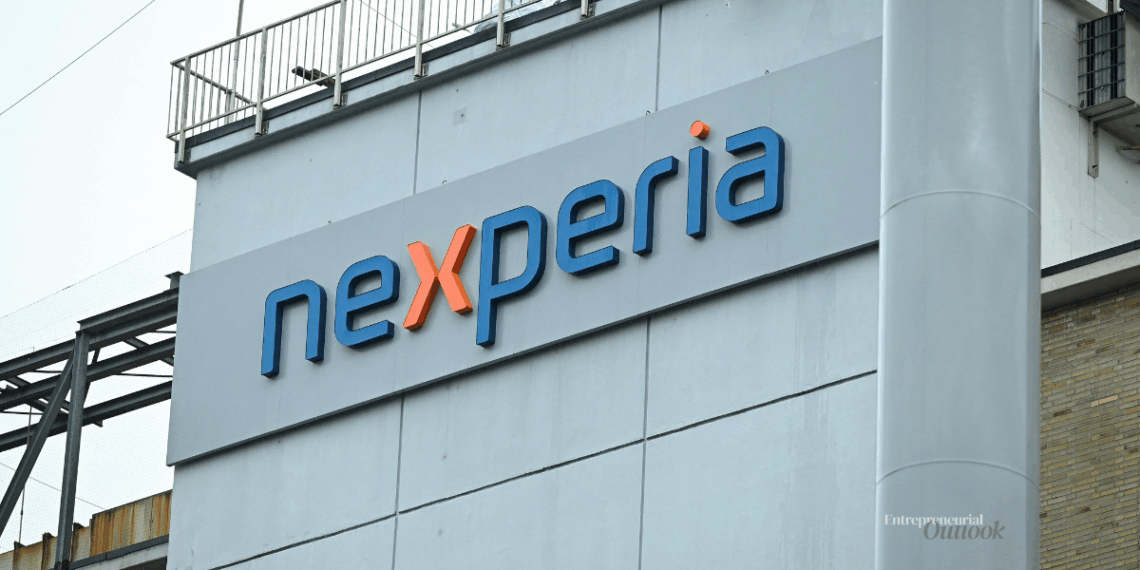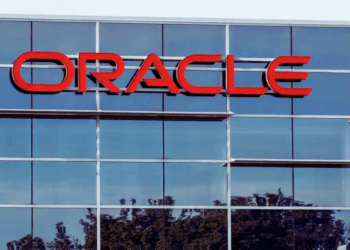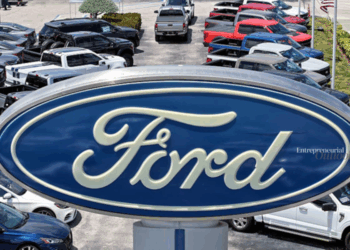After weeks of turbulence in the global automotive supply chain, Volkswagen has announced the resumption of chip deliveries from Nexperia a critical supplier whose exports were halted amid rising geopolitical tensions. The development marks a crucial turning point for automakers struggling with production slowdowns triggered by semiconductor shortages.
The Background: A Crisis Sparked by Export Controls
The situation began when Dutch authorities took control of Nexperia, a semiconductor manufacturer headquartered in the Netherlands but owned by China’s Wingtech Technology. The move, framed as a national security measure, led China to impose restrictions on the export of Nexperia’s products.
Those restrictions quickly sent shockwaves through the automotive world. Nexperia chips are essential components in modern vehicles ,powering systems that control engines, sensors, safety mechanisms, and infotainment. Even a brief halt in supply was enough to cause delays and production bottlenecks across several manufacturers.
Partial Relief: Shipments Resume Under Special Permits
Volkswagen officials confirmed that chip shipments have restarted, thanks to new export permits granted by China. However, this restart is still limited ,exports are being allowed under short-term, case-by-case licenses rather than a full policy reversal.
Ralf Brandstätter, a member of Volkswagen’s China board, stated that “initial exports have already begun,” but emphasized that the sustainability of the process “depends largely on relations between the United States and China.”
That cautious note underscores a key reality: the current relief could quickly fade if political tensions flare again.
Why It Matters: Chips Are the New Oil
Semiconductors have become the lifeblood of the modern automobile industry. From electric powertrains to advanced driver-assistance systems (ADAS), chips underpin nearly every innovation in mobility. When supply chains falter, automakers face rising costs, delivery delays, and profit margin pressures.
Volkswagen’s latest announcement is a welcome sign for the industry. Production at its Chinese plants remains stable, and early indications suggest that other automakers could benefit from the resumed flow as well. Still, the limited scope of the export permits means global production schedules remain vulnerable.
The Geopolitical Undercurrent
The Nexperia episode illustrates how deeply intertwined the chip industry is with global politics. As Western governments tighten export rules and China asserts its technological independence, semiconductor supply chains have become geopolitical battlegrounds.
For Volkswagen and its peers, that means future planning must extend far beyond logistics and engineering ,it now requires strategic navigation of international diplomacy.
What Comes Next
Industry analysts predict that if current export permits are renewed or expanded, automotive production could normalize within months. But if negotiations between Washington, Beijing, and The Hague deteriorate, the fragile stability may crumble once again.
For now, Volkswagen’s confirmation brings a sense of cautious optimism. Production lines are running, orders are being fulfilled, and the company appears ready to move past one of the most disruptive episodes in recent memory.
Key Takeaways
-
Volkswagen confirms that Nexperia chip shipments have resumed after export restrictions halted supply.
-
Exports are currently allowed under temporary permits , not a full reopening.
-
The situation highlights the auto industry’s dependence on a stable semiconductor supply.
-
Long-term stability depends on global trade relations, particularly between the U.S. and China.
Closing Thought
The resumption of chip deliveries is more than a logistical win for Volkswagen , it’s a reminder that the future of the car industry now hinges as much on political diplomacy as on mechanical engineering. The intersection of technology, trade, and geopolitics is redefining what it means to build a car in the 21st century.






